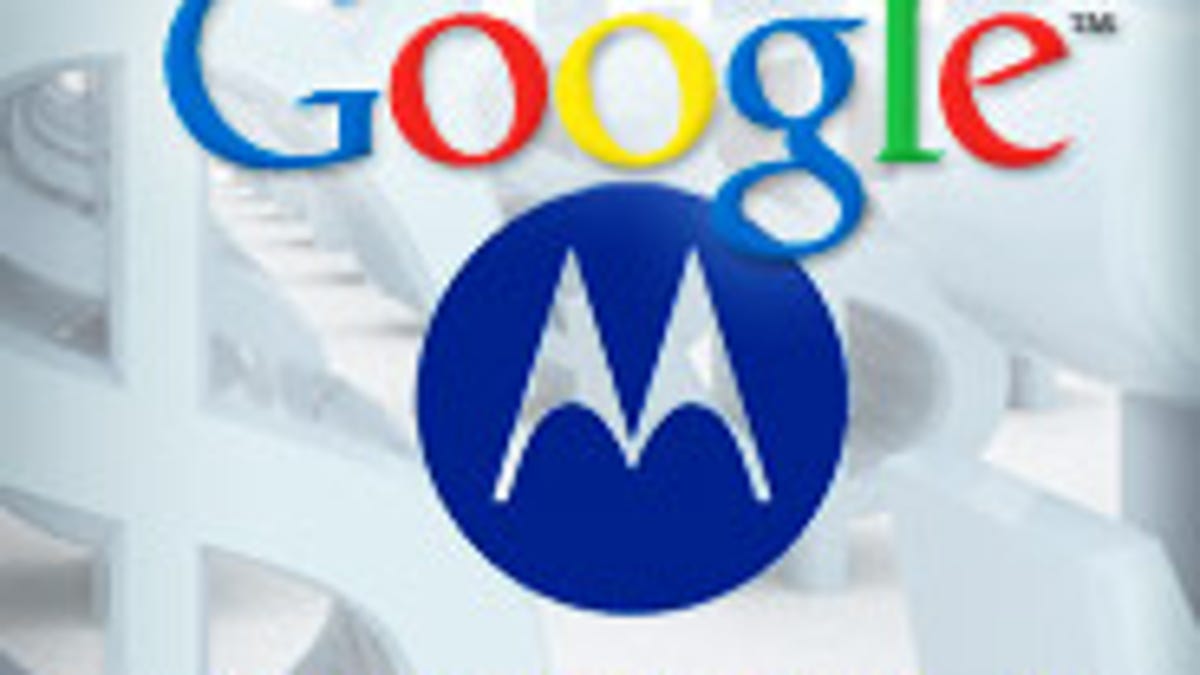Google's Schmidt: Motorola buy won't 'screw up' Android
The Google executive chairman says the company doesn't want to do anything that could hurt competition in the Android ecosystem.

In an attempt to allay fears that Motorola Mobility would receive special treatment following the completion of Google's acquisition, the search giant's executive chairman, Eric Schmidt, said that competitors have nothing to fear.
"The Android ecosystem is the No. 1 priority, and that we won't do anything with Motorola, or anybody else, by the way, that would screw up the dynamics of that industry," Schmidt told Bloomberg Television in an interview on Saturday. "We need strong, hard competition among all the Android players. We won't play favorites in the way people are concerned about."
In August, Google announced that it had agreed to acquire Motorola Mobility for $12.5 billion. The deal, if approved by regulators, will see the search giant pay $40 per share in cash for Motorola, representing a 63 percent premium over the company's stock price the day before the deal was announced.
Quickly following the announcement, Google made it clear that it wanted to no part in playing favorites with Motorola. In fact, Google senior vice president of mobile, Andy Rubin, said that the deal would have no impact on the search company's relations with other Android vendors.
Related stories:
• Google to buy Motorola Mobility for $12.5B
• Google's future handset rivals praise Motorola deal
• Google just bought itself patent protection
"Our vision for Android is unchanged and Google remains firmly committed to Android as an open platform and a vibrant open-source community," Rubin said in a statement at the time. "We will continue to work with all of our valued Android partners to develop and distribute innovative Android-powered devices."
The main focus of the deal, Google has revealed, was Motorola's broad patent portfolio. The mobile company currently holds more than 17,000 patents. In addition, Motorola has filed for 7,500 more patents, but those have yet to be approved.
Google' chief legal officer, David Drummond, said that the acquisition would help put Google "in a very good position to protect the Android ecosystem for all of our partners."
Android has come under fire in the mobile space over charges that it violates patents held by other companies. Oracle, for one, has taken aim at Google over claims that the operating system violates patents it holds related to Java.
Android vendors have also caught some fire. Samsung is being sued around the world by Apple, and Microsoft is targeting a slew of Android vendors, including Motorola and Barnes & Noble.
For its part, Google has criticized the use of lawsuits in the mobile space, saying that they only stifle competition. Schmidt echoed that sentiment in his interview with Bloomberg, saying that the Motorola acquisition was due largely to Google's desire to "bulk up" its patent portfolio and put an end to Android-related litigation.
Those assurances aside, as Google prepares to face the slings and arrows of regulatory approval of its Motorola acquisition, the company will need to make it abundantly clear that it has no desire to give its new purchase preferential treatment. Luckily for Google, however, it appears some of its future competitors are already convinced of that.
Following the announcement of Google's Motorola acquisition, executives from major Android vendors--including Samsung, Sony Ericsson, HTC, and LG Electronics--came out in full support of the deal, saying that they were pleased to see that Google is trying to protect the Android ecosystem with Motorola's patents.
"We welcome today's news, which demonstrates Google's deep commitment to defending Android, its partners, and the ecosystem," J.K. Shin, president of Samsung's mobile communications division, said in a statement in August.

